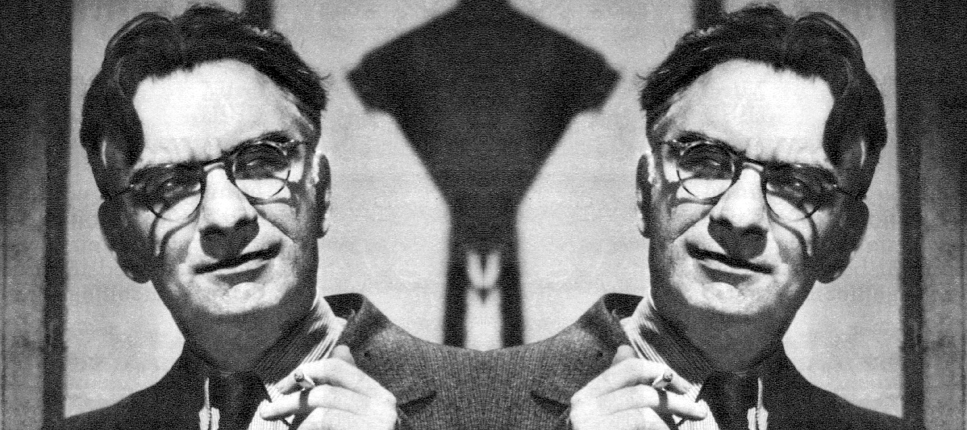Lit Hub Weekly: June 26-30, 2023
THE BEST OF THE LITERARY INTERNET

-
“To speak as Tibetans, to write as Tibetans, is to continually recreate the Tibetan nation.” Tenzin Dickie considers the Tibetan essay. | Lit Hub History
-
On the art thieves who steal for love. | Lit Hub Art
-
John Kaag and Jonathan van Belle consider the “deep sincerity” of dark humor and what Henry David Thoreau’s satire reveals about ourselves. | Lit Hub Humor
-
“I felt like we were in a pas de deux between worlds.” Amy Paturel on getting to know her husband’s late wife through the words she left behind. | Lit Hub
-
The best crime novels of the year (so far). | CrimeReads
-
Lorrie Moore’s I Am Homeless If This Is Not My Home, Jenny Erpenbeck’s Kairos, and Richard Ford’s Be Mine all feature among June’s best reviewed books. | Book Marks
-
The best new crime shows out in July, from a revival of Justified to a new Steven Soderbergh. | CrimeReads
-
Not only is ChatGPT taking all your jobs, it’s drinking all your water. (Seriously, what is wrong with us?) | Forbes
-
In honor of the 150th anniversary of Willa Cather’s birth, explore her Nebraska hometown. | Smithsonian Magazine
-
Jonathan Thirkield considers the computer-generated writing that “can help us imagine much more resonant and compelling digital futures.” | The Paris Review
-
“Why should I feel shame? Why should I hasten to add that I commonly read Elena Ferrante and Ben Lerner too? Why does that matter?” Katharine Coldiron on “guilty pleasures.” | LARB
-
Stephen King, David Sedaris, Carmen Maria Machado, and more on the first time they read Shirley Jackson’s “The Lottery,” which turns 75. | New York Times
-
Kathryn Jezer-Morton makes the case for The Road as the best parenting book of all time. | New York Magazine
-
“‘…we had gangs of skinheads, a heroin epidemic, food shortages, mob violence, and the intrinsic knowledge that we had to be unlike the others to survive…” Anna Badkhen on her childhood friendship and the friendship at the center of Yiyun Li’s The Book of Goose. | Words Without Borders
-
Talking to Florida college librarians about life under DeSantis. | Slate
-
Joy Lanzendorfer on Anaïs Nin’s decade of being married to two men. | Alta
-
“I was raised with drag, by drag. We all were.” Alexander Chee on the profound impact of drag on culture. | Harper’s Bazaar
-
Considering the power of unapologetic abortions in literature. | The Nation
-
“The doom spiral of cultural pessimism can best be combated by—as internet parlance has it—‘touching grass.’” Tara Isabella Burton offers advice for escaping “the worst possible timeline.” | The Atlantic
-
Another day, another repulsive anecdote from a new Donald Trump tell-all. | The New Republic
-
Take a look inside one of America’s last pencil factories. | Smithsonian Magazine
-
“Like Fitzgerald but from a woman’s perspective.” Joyce Carol Oates on Ursula Parrott’s 1929 novel Ex-Wife. | NYRB
Also on Lit Hub:
The pitfalls of book promotion in the internet age • How a humble Venetian monk created the first annotated map of the world • The books that helped Diana Goetsch write a trans memoir • What suitcases teach us about art and life • Thao Thai on the beauty of folklore • How Oscar Wilde created a queer symbol in green carnations • Mark O’Connell investigates the crimes of Malcolm Macarthur • Considering the far-right eagerness for civil war • How Queen Elizabeth I honored her mother, Anne Boleyn • On the hazards (and rewards) of teaching and writing at the same time • How scientists map the universe • Searching for truth by writing fiction • Deconstructing the myth of Rome’s scandalous empress, Messalina • On the narrative reconstruction of a heinous crime • Natalie Beach on finding herself in South Brooklyn’s gardens • On Glee, Santana’s coming out scene, and Naya Rivera • The origins of eight worn-out idioms • Lucy Scholes revisits Peter Ho Davies’ The Welsh Girl • AudioFile’s Best Audiobooks of June • Life under occupation in WWII • Looking at the whole Earth and finding peace



















